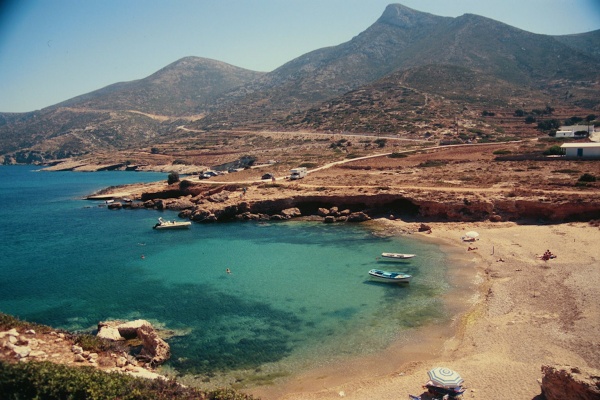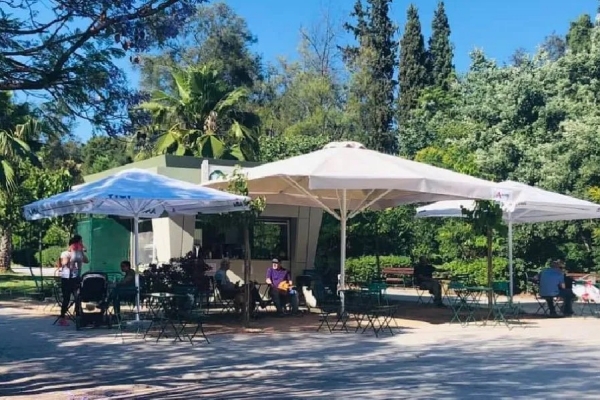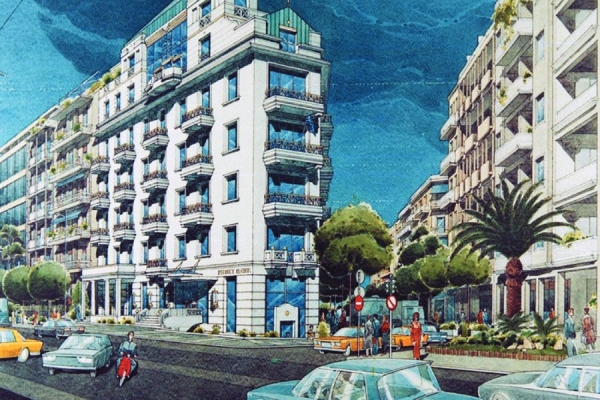Donoussa is along with Amorgos the easternmost islands of the Cycladic complex and one of the calmest. According to the myth this is where Dionyssos carried Ariadne to hide her from Thisseas. During roman times it was a place of exile while during Ottoman rule, Τurkish ships would dock here to collect taxes. Past centuries sailors knew it as Spinosa. It was rendered independent in 1929 and became touristic in the 80s. Today there are no more than 200 inhabitants on the island.
Where to swim
At Stavros which is the first beach you see when arriving on the island. There you can swim in the port, which is quite clean and have everything you might need. At Kedros, a 20-25 minute walk from Stavros, where you camp freely among a younger crowd and swim in fresh, crystal clear waters. There on the sea bottom you can see a German shipwreck from World War II. You can reach Livadi with a local boat from Kedros, where campers are more hardcore and hippie and set their own rules. There is also the Kalotaritissa bay.

Where to eat and drink
The day you visit Kalotaritissa you will definitely end up at the scenic taverna with home made food. At Mersini, visit Kori tou kyr Michali next to the wind mill (+30 72322), which has an impressive view and equally impressive dishes cooked by the mom. You can find Tzi Tzi nearby. At Stavros you can spend the whole day at Corona Borealis. It is the ideal place to lie around all day doing nothing but drinking coffee or tasting excellent local food. Skantzohoiros has a similar mood although the kitchen is basic. Also food and market at Tsifti while you will find fresh fish and seafood at Aposperiti.
Where to stay
Marinos Prasinos (+30 51630), Michalis Skopelitis (51588), Chryssa Prasinou (+30 51575), Maria Michalopoulou (+30 51603).
Island festivals
August 15th, September 14th and 17th.
Area Code: +30 22850
Port Authority (Naxos): +30 22300
Town Hall: +30 51600
First Aid: +30 51506














